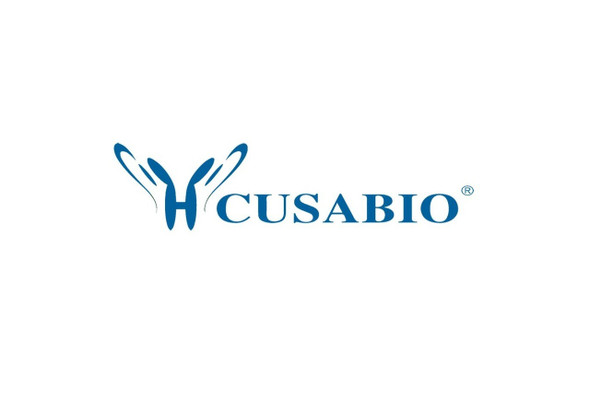Cusabio Polyclonal Antibodies
UGCG Antibody | CSB-PA579990
- SKU:
- CSB-PA579990
- Availability:
- 3 to 7 Working Days
Description
UGCG Antibody | CSB-PA579990 | Cusabio
UGCG Antibody is Available at Gentaur Genprice with the fastest delivery.
Online Order Payment is possible or send quotation to info@gentaur.com.
Product Type: Polyclonal Antibody
Target Names: UGCG
Aliases: UDP-glucose ceramide glucosyltransferase
Background: Glycosphingolipids (GSLs) are a group of membrane components that contain lipid and sugar moieties. They are present in essentially all animal cells and are believed to have important roles in various cellular processes. UDP-glucose ceramide glucosyltransferase catalyzes the first glycosylation step in glycosphingolipid biosynthesis. The product, glucosylceramide, is the core structure of more than 300 GSLs. UGCG is widely expressed and transcription is upregulated during keratinocyte differentiation.
Isotype: IgG
Conjugate: Non-conjugated
Clonality: Polyclonal
Uniport ID: Q16739
Host Species: Rabbit
Species Reactivity: Human, Mouse, Rat
Immunogen: Fusion protein of human UGCG
Immunogen Species: Human
Applications: ELISA, WB, IHC
Tested Applications: ELISA, WB, IHC;ELISA:1:2000-1:5000, WB:1:500-1:2000, IHC:1:25-1:100
Purification Method: Antigen affinity purification
Dilution Ratio1: ELISA:1:2000-1:5000
Dilution Ratio2: WB:1:500-1:2000
Dilution Ratio3: IHC:1:25-1:100
Dilution Ratio4:
Dilution Ratio5:
Dilution Ratio6:
Buffer: -20°C, pH7.4 PBS, 0.05% NaN3, 40% Glycerol
Form: Liquid
Storage: Upon receipt, store at -20°C or -80°C. Avoid repeated freeze.
Initial Research Areas: Tags & Cell Markers
Research Areas: Cancer;Cell biology;Tags & Cell Markers;Metabolism











